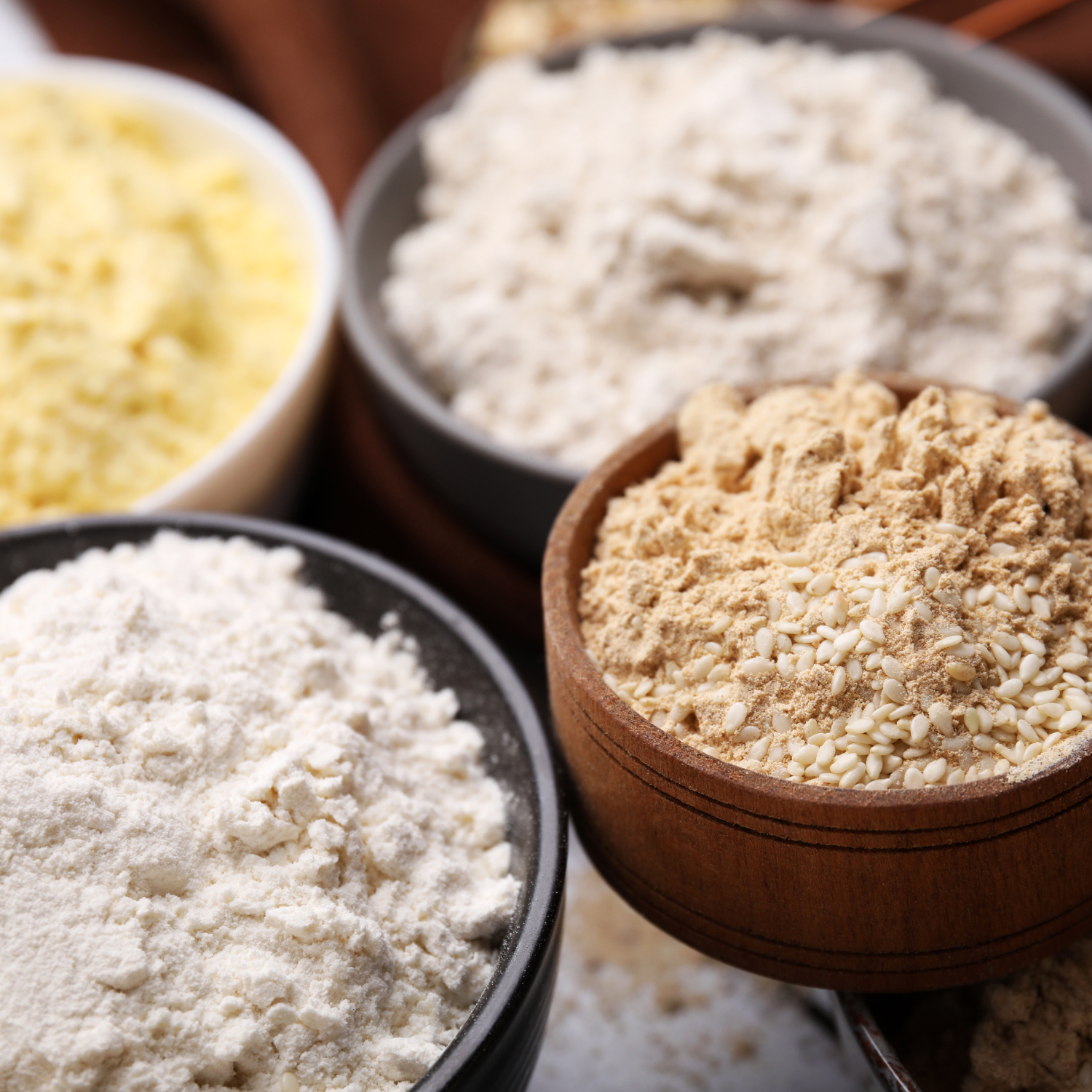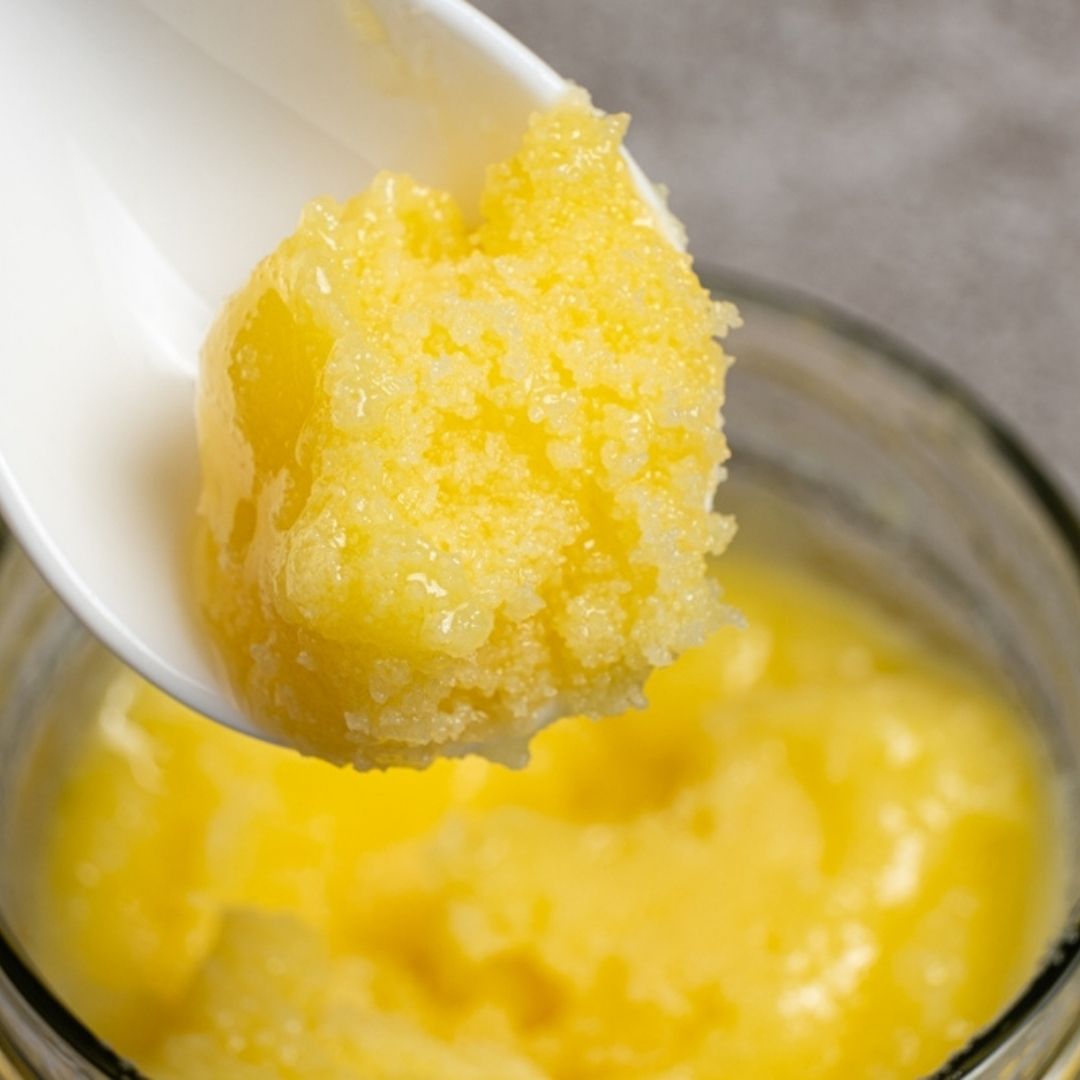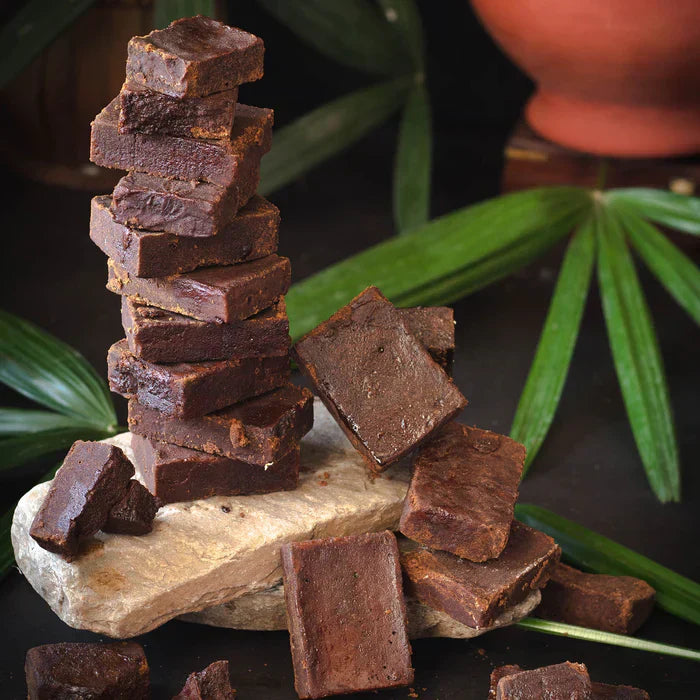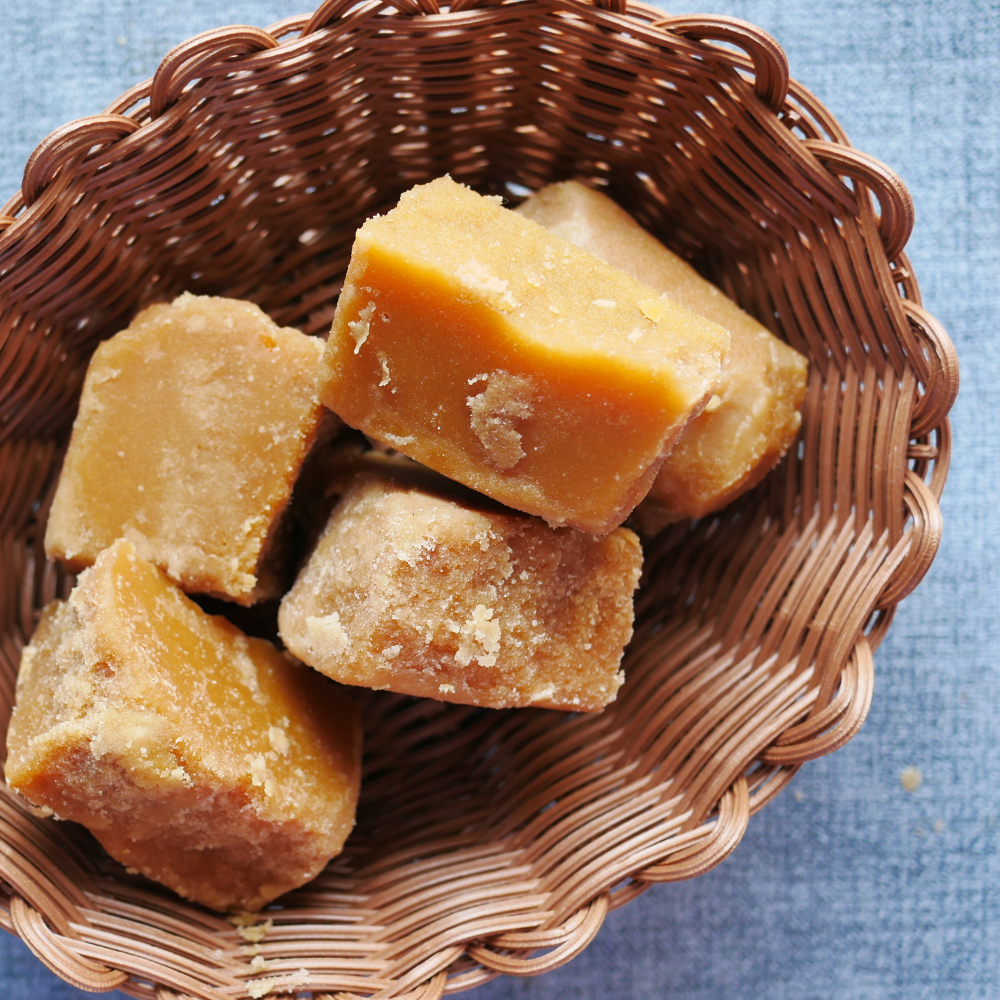Butter is a cornerstone of many culinary traditions, beloved for its rich flavor and versatility. But what if you could achieve the same results—or even better—with ghee? This article explores whether ghee can be a substitute for butter and delves into its benefits, uses, and why it’s becoming a favorite in kitchens worldwide.
As we unravel the details, you’ll learn about ghee benefits, ghee making, its connection to the Indian kitchen, and why many prefer it over butter. Let’s dive in to discover all you need to know about using ghee as a butter alternative.
What Is Ghee?
Before deciding whether ghee is a suitable substitute for butter, it's essential to understand ghee itself. Derived from butter, ghee is what you get when butter is simmered and clarified, removing water and milk solids. This process not only enhances its flavor but also extends its shelf life.
Ghee has been a staple in the Indian kitchen for centuries, prized for its robust aroma and high smoke point. It’s also a go-to ingredient in Ayurveda, where it’s considered a "liquid gold" due to its numerous health benefits. Today, ghee is available in organic and grass-fed varieties, ensuring high quality for health-conscious consumers.
Explore the purity of ghee in our Desi Cow A2 Ghee collection from Two Brothers USA.

Ghee vs. Butter: Key Differences
While ghee originates from butter, there are notable distinctions:
1. Smoke Point
Ghee has a higher smoke point (approximately 485°F) compared to butter (350°F). This makes ghee perfect for high-heat cooking like sautéing, frying, and roasting.
2. Lactose and Casein Content
Since ghee is free of milk solids, it’s virtually lactose-free, making it a safe option for those with dairy sensitivities.
3. Flavor Profile
Ghee offers a nutty, caramelized taste that’s deeper than butter’s creamy flavor. This unique profile enhances dishes with a rich, complex depth.
4. Shelf Life
Unlike butter, ghee doesn’t require refrigeration. Its lack of water content makes it shelf-stable for months.
For more insights, check out Two Brothers USA Desi Ghee.
Ghee Benefits: Why Choose Ghee Over Butter?
Switching to ghee offers numerous advantages beyond just culinary applications. Let’s explore its benefits:
1. Rich Nutrient Profile
Ghee is a source of fat-soluble vitamins like A, D, E, and K. These vitamins support immune function, bone health, and skin vitality. Learn about Turmeric Ghee Benefits to further understand ghee’s role in wellness.
2. Digestive Health
Ghee contains butyrate, a short-chain fatty acid known to support gut health and reduce inflammation.
3. Weight Management
Contrary to popular belief, the healthy fats in ghee can promote satiety and boost metabolism.
4. High-Heat Cooking
Thanks to its high smoke point, ghee is ideal for frying and sautéing without breaking down into harmful compounds.
5. Versatility
From bulletproof coffee to baked goods, ghee’s versatility knows no bounds. It’s an excellent replacement for butter in virtually every recipe.
How to Use Ghee as a Butter Substitute
Substituting ghee for butter is simple, but there are a few considerations to keep in mind:
1. Baking
Ghee can replace butter in a 1:1 ratio in most baking recipes. However, since ghee lacks water, it may slightly alter the texture. For recipes requiring moisture, consider adding a small amount of milk or cream.
2. Cooking
For sautéing or frying, use ghee as you would butter or oil. Its high smoke point ensures no burning or bitterness.
3. Spreading
While ghee’s texture is different from butter, it’s still delicious when spread on bread or used as a topping for warm dishes like rice or vegetables.
Organic Ghee: A Step Above
When choosing ghee, opt for organic and grass-fed varieties. Two Brothers Organic Ghee ensures purity and exceptional taste, free from additives or artificial processes.
Why Organic Matters
Organic ghee is made from the milk of grass-fed cows, ensuring higher nutrient content and ethical production practices. Grass-fed ghee is particularly rich in Omega-3 fatty acids and conjugated linoleic acid (CLA), known for their health benefits.
The Role of Ghee in the Indian Kitchen
In the Indian kitchen, ghee is indispensable. It’s used in everything from curries and dals to desserts like halwa and laddoos. Its rich aroma and flavor elevate traditional recipes, making it a cherished ingredient.
Explore more about ghee’s cultural significance and cooking applications at Two Brothers Ghee.
FAQs About Ghee as a Butter Substitute
1. Can ghee be used in all recipes that require butter?
Yes, ghee can replace butter in most recipes, though you may need to adjust for moisture content in baked goods.
2. Is ghee healthier than butter?
Ghee offers additional health benefits like being lactose-free, rich in vitamins, and suitable for high-heat cooking. However, both should be consumed in moderation.
3. Where can I buy ghee?
You can find ghee in local grocery stores, specialty shops, or online retailers like Two Brothers USA.
4. What’s the difference between ghee and clarified butter?
While similar, ghee is simmered longer than clarified butter, giving it a nuttier flavor and longer shelf life.
5. Can ghee be made at home?
Absolutely! Making ghee involves simmering unsalted butter to remove water and milk solids. For detailed guidance, check out tutorials on ghee-making.
Conclusion
Can ghee be substituted for butter? The answer is a resounding yes. With its rich flavor, high smoke point, and health benefits, ghee outshines butter in many culinary applications. Whether you’re a professional chef or a home cook, incorporating ghee into your kitchen repertoire is a choice you won’t regret.
For the highest quality ghee, explore Two Brothers USA’s Organic Ghee. Your dishes will thank you!








